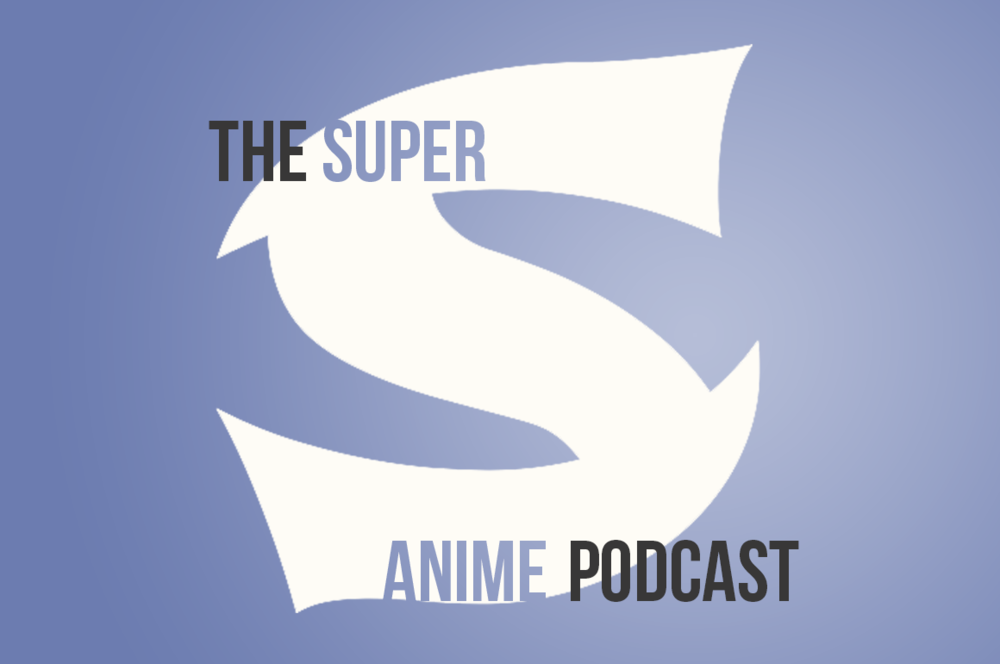Review: Autumnlands #13
By Robert Larson
In keeping with the revelations from the last issue, we learn a lot from Autumnlands #13, enough to change our perception of this world. Last issue was about the creators of the Autumnlands, who were really nothing more than irresponsible party boys who used the planet as a kind of pleasure resort. The frat bros made a mess, and now somebody’s been sent to clean it up. But for the residents of the Autumnlands, particularly Dusty and Aelbert, a clean-up crew is not going to be a good thing.
FEATURED POSTS
Archive
- December 2025 1
- November 2025 2
- October 2025 3
- September 2025 4
- July 2025 5
- April 2025 2
- March 2025 2
- February 2025 3
- January 2025 6
- December 2024 2
- November 2024 1
- October 2024 1
- July 2024 4
- June 2024 3
- May 2024 2
- April 2024 7
- March 2024 7
- January 2024 3
- December 2023 2
- November 2023 4
- October 2023 6
- September 2023 5
- August 2023 12
- July 2023 4
- June 2023 3
- May 2023 2
- April 2023 3
- March 2023 2
- February 2023 1
- January 2023 3
- December 2022 2
- November 2022 3
- October 2022 3
- September 2022 2
- August 2022 1
- July 2022 6
- June 2022 4
- May 2022 14
- April 2022 15
- March 2022 9
- February 2022 5
- August 2019 1
- January 2019 2
- August 2018 12
- July 2018 188
- June 2018 159
- May 2018 204
- April 2018 156
- March 2018 178
- February 2018 180
- January 2018 176
- December 2017 112
- November 2017 143
- October 2017 152
- September 2017 210
- August 2017 180
- July 2017 199
- June 2017 150
- May 2017 129
- April 2017 184
- March 2017 180
- February 2017 178
- January 2017 195
- December 2016 164
- November 2016 135
- October 2016 163
- September 2016 219
- August 2016 248
- July 2016 267
- June 2016 242
- May 2016 160
- April 2016 199
- March 2016 163
- February 2016 145
- January 2016 175
- December 2015 105
- November 2015 166
- October 2015 130
- September 2015 147
- August 2015 135
- July 2015 183
- June 2015 190
- May 2015 140
- April 2015 275
- March 2015 198
- February 2015 430
- January 2015 198
- December 2014 144
- November 2014 187
- October 2014 239
- September 2014 193
- August 2014 289
- July 2014 334
- June 2014 308
- May 2014 244
- April 2014 253
- March 2014 268
- February 2014 232
- January 2014 254
- December 2013 302
- November 2013 276
- October 2013 349
- September 2013 262
- August 2013 325
- July 2013 349
- June 2013 303
- May 2013 373
- April 2013 416
- March 2013 124
- February 2013 16
- January 2013 26
- December 2012 24
- November 2012 17
- October 2012 18
- September 2012 22
- August 2012 13
- July 2012 20
- June 2012 12
- May 2012 23
- April 2012 20
- March 2012 9
- February 2012 20
- January 2012 96
- December 2011 93
- November 2011 73
- October 2011 52
- September 2011 54
- August 2011 37
- July 2011 1





